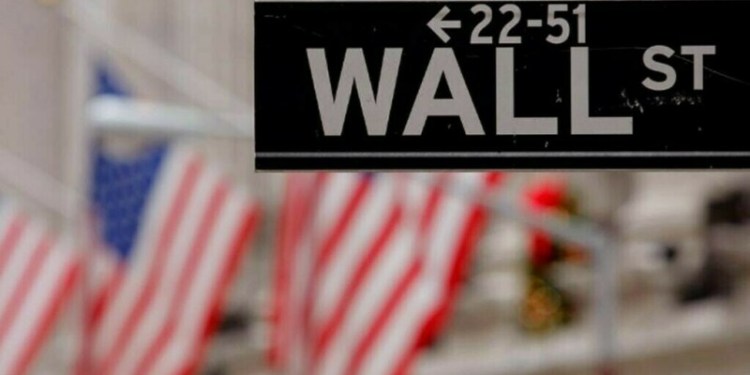TOKYO (Reuters) – Asian shares edged higher on Wednesday after a strong session on Wall Street overnight while the yen remained under pressure, with tensions on the Korean peninsula seen capping gains for riskier assets.
The MSCI’s broadest index of Asia-Pacific shares outside Japan was up 0.2 percent after rising 1 percent the day before. The Dow Jones industrial average closed at a record high on Tuesday on hopes for better corporate earnings.
Australian shares were up 0.2 percent on Wall Street gains, while stronger iron ore prices supported miners.
Seoul shares opened 0.7 percent higher, with investors torn between hopes for the country’s central bank to cut interest rates when it meets on Thursday and concerns about signs North Korea was preparing for a missile launch.
“The index will rise on hopes for a rate cut tomorrow, but the rebound will be fragile due to the continuing geopolitical risk,” said Kim Sung-hwan, an analyst at Bookook Securities.
South Korea has raised its surveillance level of North Korea after the reclusive state moved one or more long-range missiles in readiness for a possible launch, Yonhap news agency reported on Wednesday.
North Korea intensified threats of an imminent conflict against the United States and the South on Tuesday, warning foreigners to evacuate South Korea to avoid being dragged into “thermonuclear war”.
North Korea’s belligerence has raised concerns in the region about the spreading geopolitical risks and has limited buying of equities in recent sessions.
In Japan, the Nikkei stock average was expected to continue climbing as the Bank of Japan’s aggressive monetary easing stimulus boosted hopes for better corporate earnings as it has pushed the yen sharply lower against major currencies.
The Nikkei was up 0.3 percent in early trade after striking its highest since August 2008 on Tuesday.
“The mood remains positive, but selling may be seen if the (Nikkei) index trades above 13,200 as that’s what we saw yesterday,” said Yutaka Miura, a senior technical analyst at Mizuho Securities, adding that geopolitical tensions on the Korean peninsula may also crimp demand for riskier equities.
The yen remained under pressure after falling to multi-year lows on Tuesday, when the dollar hit 99.67 yen, its highest since May 2009, while the euro climbed as far as 130.09 yen, its highest since January 2010.
The Aussie dollar also soared to 104.35 yen, the highest since July 2008, on Tuesday.
In early Asian trade on Wednesday, the dollar was at 99 yen and the euro traded at 129.52 yen, while the Aussie was at 103.87 yen.
The euro was steady against the dollar at $1.3080, after touching a 3-1/2-week high of $1.3103 on Tuesday.
“The BoJ’s recent policy action will undoubtedly lead to the Japanese picking up their offshore search for yield. We are looking closely for signs of where the wall of Japanese money may be heading next,” Westpac said in a research, adding that any signs of Japanese buying Australian bonds could push the Aussie above $1.0520.
U.S. crude futures eased 0.2 percent to $94.05 a barrel.
(Additional reporting by Somang Yang in Seoul and Ayai Tomisawa in Tokyo; Editing by Shri Navaratnam)
Source: Reuters
























